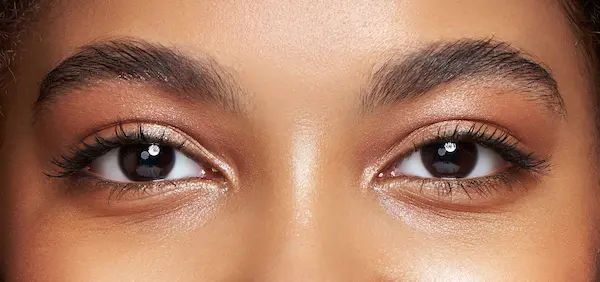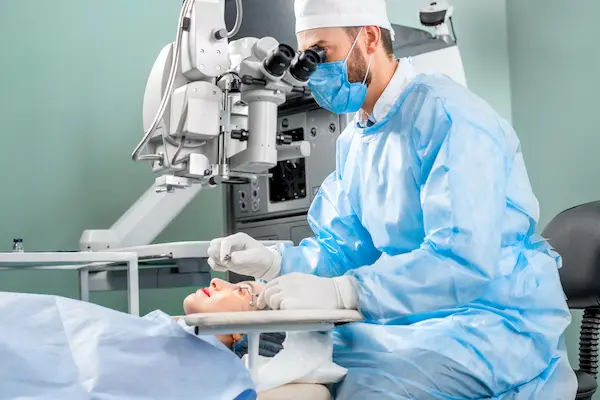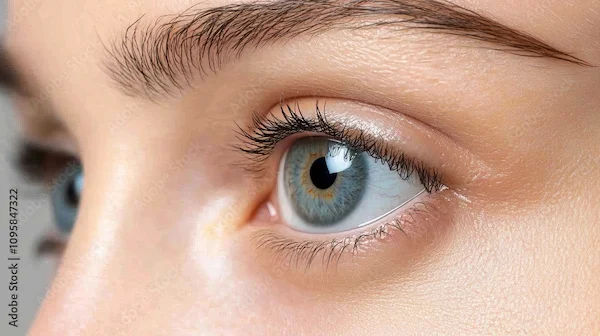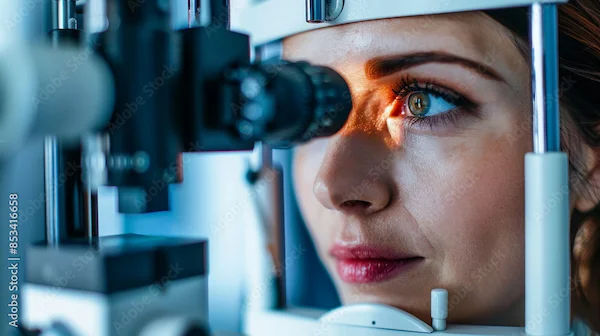Poor Distance Vision After Cataract Surgery
Struggling with poor distance vision after cataract surgery? Learn about possible causes, from lens choice to healing issues, and explore treatment options to improve your sight.

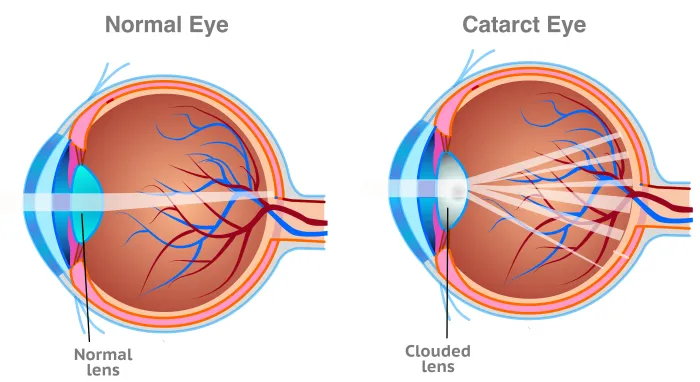
Introduction
Cataract surgery is a common and highly successful procedure that helps restore clear vision by replacing the cloudy natural lens with an artificial one. However, some patients may experience poor distance vision after the surgery, which can be concerning. If you or a loved one is facing this issue, know that you’re not alone, and there are ways to address it.
In this article, we’ll explore why poor distance vision may occur after cataract surgery, what you can do about it, and when to seek further medical advice.
Why Does Poor Distance Vision Happen After Cataract Surgery?
After cataract surgery, most people experience significant improvement in their vision. However, some may notice that their distance vision remains blurry. Here are some possible reasons:
1. Residual Refractive Error
Sometimes, the artificial lens (intraocular lens or IOL) implanted during surgery may not perfectly correct your vision. This can result in minor nearsightedness, farsightedness, or astigmatism, leading to blurry distance vision.
2. Posterior Capsule Opacification (PCO)
PCO, often called a "secondary cataract," occurs when the thin membrane behind the artificial lens becomes cloudy over time. This can cause vision to gradually blur again, even months or years after surgery.
3. Pre-existing Eye Conditions
Conditions like macular degeneration, glaucoma, or diabetic retinopathy can affect vision even after cataract removal.
For More Information Consult Top Ophthalmologists
4. Incorrect Lens Power Calculation
Before surgery, your doctor measures your eye to determine the right lens power. In rare cases, these calculations may not be precise, leading to suboptimal distance vision.
5. Dry Eyes
Post-surgery dryness can temporarily affect vision quality, making distant objects appear blurry.
How Can You Improve Distance Vision After Cataract Surgery?
If you're experiencing poor distance vision after cataract surgery, here are some steps you can take:
1. Give It Time
Your eyes need time to adjust after surgery. Many patients notice gradual improvement in their vision over a few weeks.
2. Use Prescription Glasses
If residual refractive error is the issue, your doctor may prescribe glasses for distance vision.
3. Consider a YAG Laser Procedure (for PCO)
If posterior capsule opacification is causing blurry vision, a quick and painless laser procedure called YAG capsulotomy can restore clarity.
4. Treat Dry Eyes
Artificial tears or prescribed eye drops can help relieve dryness and improve vision.
5. Discuss Lens Exchange (If Necessary)
In rare cases where the lens power is significantly off, your doctor may recommend a lens exchange.
When Should You See a Doctor?
While some blurriness is normal in the initial recovery phase, consult your eye specialist if:
Your vision doesn’t improve after a few weeks.
You experience sudden vision loss, flashes, or floaters.
You have severe eye pain or redness.
Early intervention can help correct any underlying issues effectively.
Preventing Vision Problems After Cataract Surgery
To minimise the risk of poor distance vision after surgery:
Follow all post-operative care instructions.
Attend follow-up appointments.
Protect your eyes from UV light with sunglasses.
Maintain good eye hygiene and avoid rubbing your eyes.
Conclusion
Poor distance vision after cataract surgery can be frustrating, but it’s often treatable. Whether it’s a minor refractive error, dry eyes, or PCO, your eye doctor can help determine the cause and suggest the best solution.
If you’re experiencing persistent blurry vision after cataract surgery, don’t hesitate to seek professional advice. You can book a consultation with an ophthalmologist through Apollo 24|7 for expert guidance and care.
Remember, clear vision is within reach—stay patient and proactive in your eye health journey!
Consult Top Ophthalmologists
Consult Top Ophthalmologists
Meghana Kotesh
Ophthalmologist
3 Years • MBBS, MS (OPTHALMOLOGIST )
Bengaluru
Apollo Medical Center, Marathahalli, Bengaluru

Dr. Zennat Tajmin Shah
Ophthalmologist
24 Years • MBBS,DNB (Ophthalmology)
Kolkata
Titanium Eye Care, Kolkata
Dr. Padmini S
Ophthalmologist
4 Years • MBBS,MS
Bengaluru
Apollo Medical Center, Marathahalli, Bengaluru
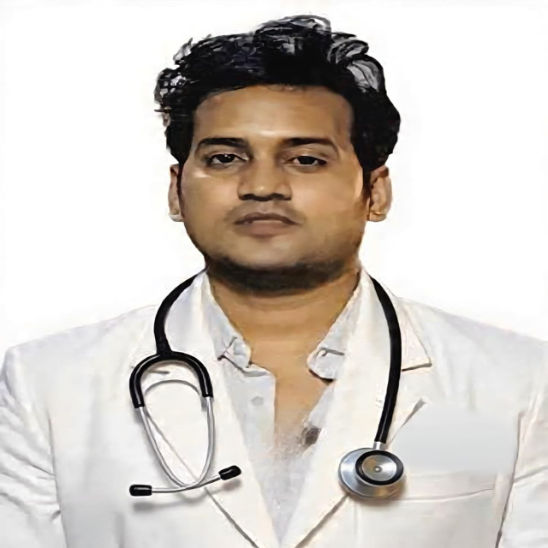
Dr. Karan Paswan
Ophthalmologist
7 Years • MBBS,MS (Ophthalmology)
Kolkata
VDC Clinic, Kolkata

Dr. K Sreekumar Reddy
Ophthalmologist
26 Years • MBBS MD (Ophthalmology) EGESTOLP
Hyderabad
Apollo Hospitals Jubilee Hills, Hyderabad
(50+ Patients)
For More Information Consult Top Ophthalmologists
Meghana Kotesh
Ophthalmologist
3 Years • MBBS, MS (OPTHALMOLOGIST )
Bengaluru
Apollo Medical Center, Marathahalli, Bengaluru

Dr. Zennat Tajmin Shah
Ophthalmologist
24 Years • MBBS,DNB (Ophthalmology)
Kolkata
Titanium Eye Care, Kolkata
Dr. Padmini S
Ophthalmologist
4 Years • MBBS,MS
Bengaluru
Apollo Medical Center, Marathahalli, Bengaluru

Dr. Karan Paswan
Ophthalmologist
7 Years • MBBS,MS (Ophthalmology)
Kolkata
VDC Clinic, Kolkata

Dr. K Sreekumar Reddy
Ophthalmologist
26 Years • MBBS MD (Ophthalmology) EGESTOLP
Hyderabad
Apollo Hospitals Jubilee Hills, Hyderabad
(50+ Patients)
